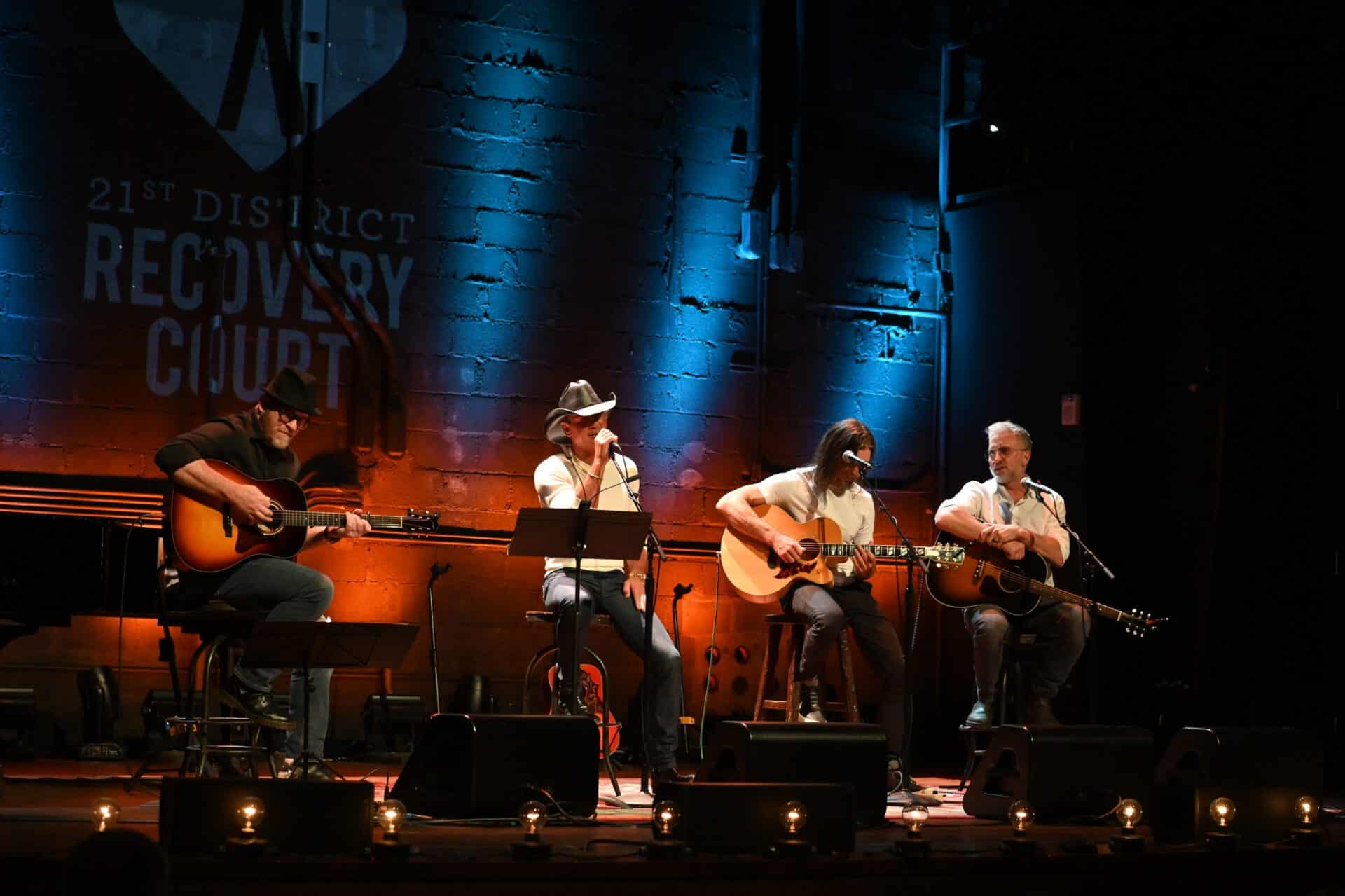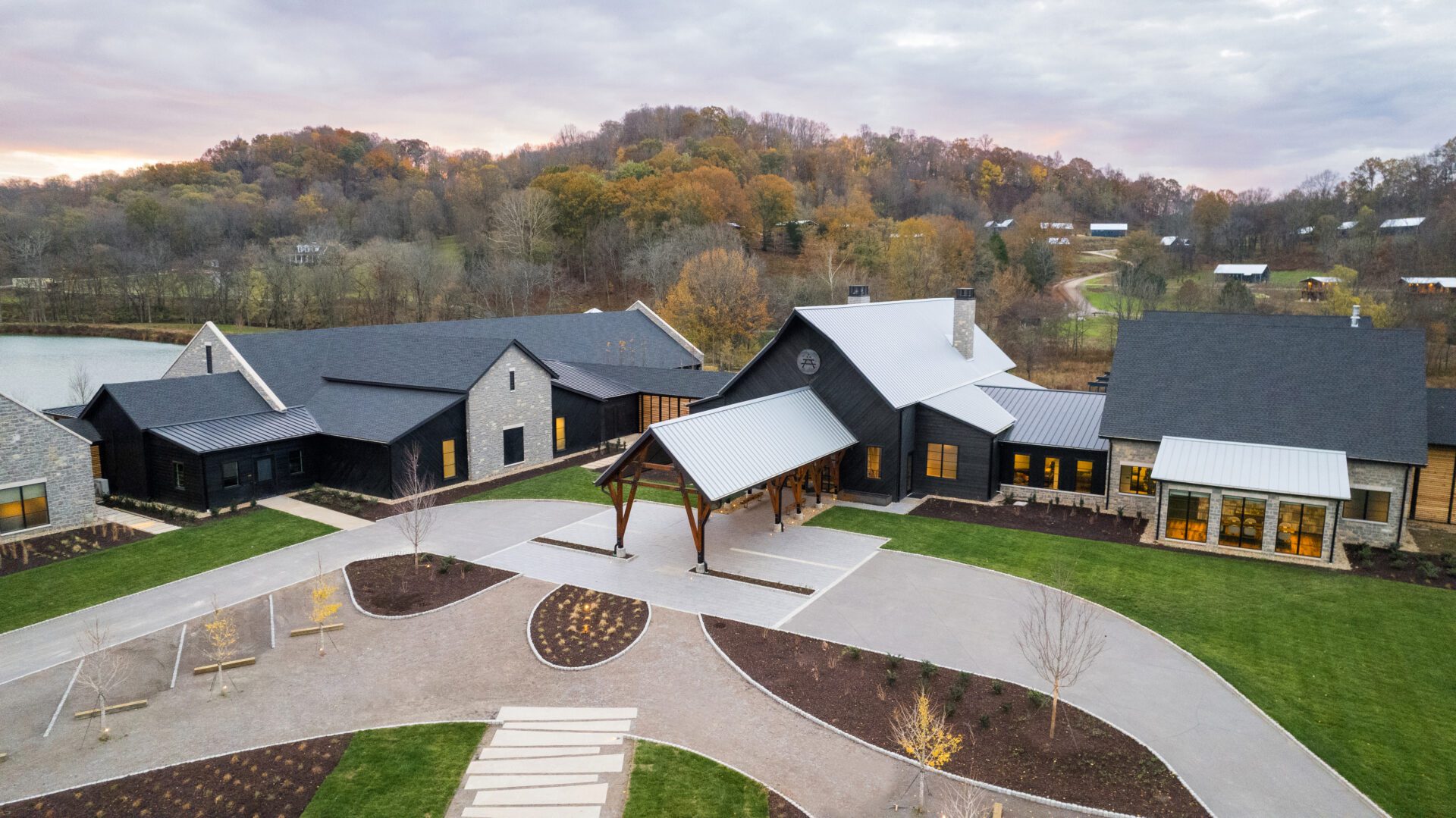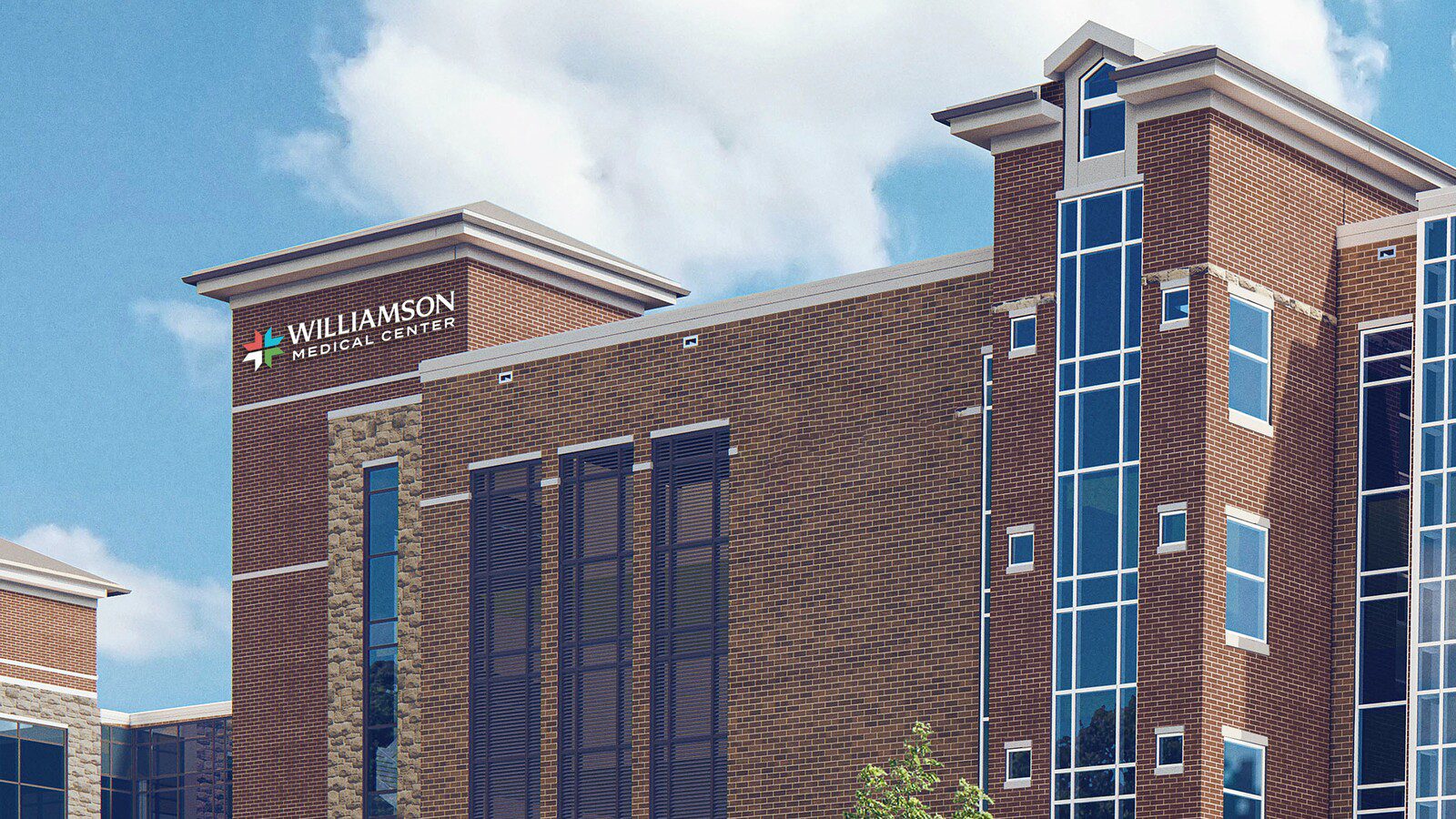Tim McGraw performs to sold-out crowd at Recovery Court fundraiser

21st District Recovery Court’s first singer-songwriter event, The Stories Behind the Songs with Tim McGraw, Tom Douglas and The Warren Brothers, a huge success
FRANKLIN, Tennessee – April 14, 2023 – The 21st District Recovery Court (Recovery Court) hosted their first ever singer-songwriter event to a sold-out crowd Monday, April 10 at The Franklin Theatre.
The event, which raised more than $60,000 for Recovery Court, featured superstar entertainer Tim McGraw, joined by hit songwriter Tom Douglas and songwriting duo Brad and Brett Warren with The Warren Brothers. In addition to performing some of McGraw’s biggest hits, the four shared many stories from their more than 20-year history of songwriting and friendship.
Highlights of the evening included McGraw unveiling three new songs for the first time publicly, including “Hey Whiskey” co-written by The Warren Brothers and the Tom Douglas penned “Hurt People,” which drew a standing ovation. Cheered on by Faith Hill, who was credited as giving The Warren Brothers their start, the four friends told countless stories and shared a behind the scenes look at the mutual admiration for each other and the over 35 songs they share. Douglas wowed the crowd with his incredible vocal performances of “Grown Men Don’t Cry” and “My Little Girl,” among others. Veterans and active military members were asked to stand to be recognized before The Warren Brothers sang their powerful tribute to fallen soldiers, “If You’re Reading This.”
“It was a wonderful evening that raised more than $60,000 for Recovery Court,” said Lacie Simonton, board president. “Our two-year program receives no taxpayer funds and is funded primarily through grants and private donations, so the money raised Monday night is especially noteworthy.”
Prior to the performances, three Recovery Court graduates shared their own stories of recovery and how the program helped them restore their lives and their families. Not an easy way out, the program only considers applicants demonstrating a genuine desire to confront their addictions. Those that are accepted undergo rigorous treatment and intensive monitoring as they learn life skills and new habits for successful living. The recovery court model is unique in that it uses a non-adversarial, therapeutic approach to crimes rooted in addiction.
“Two months ago, this event was just an idea,” said Board Member Amy Gray. “It’s rewarding to see it come to fruition and are grateful to Tim, Brad, Brett and Tom for sharing their time and talents. We are also proud of all our graduates – the three that shared their stories Monday night – and the graduates that attended thanks to the generosity of Tony Owens with Franklin Recovery Center.”
The event’s presenting sponsors were H.G. Hill Realty Company and Let it Shine Gymnastics. Table sponsors included Buerger, Moseley and Carson, Gray Public Relations, Lacie and Kyle Simonton, Judge Deanna Johnson, Brett Warren, Brad Warren and David Dingler. The inaugural singer-songwriter event adds to Recovery Court’s 2023 fundraisers. The annual Eat the Street Food Truck Festival will be held on Friday, June 2, and the annual Community Engagement Luncheon will be Monday, Oct. 30. Those who would like to support Recovery Court may make an online donation at 21stdc.org.
Photo Credit, Peyton Hoge, Video Credit, Sara Kavanaugh
About 21st District Recovery Court
The 21st Recovery Court serves the 21st Judicial District. Program participants are non-violent offenders with a history of chemical dependency, which has shown to be one of the primary reasons for repeated criminal activity. The program works with law enforcement and the courts as participants engage in a highly supervised, two-year program, providing treatment, supervision and support. Graduates of recovery court programs have a low rate of reoffending, especially compared to those offenders supervised in traditional court probation and parole programs. Participants’ recovery allows them to have a productive life while the community is served by a reduction in criminal activity and cost-effective treatment for offenders. Most importantly, the families and lives of the participants are restored to a safe and positive environment. Recovery courts in Tennessee are not supported by state judicial budgets, rather they are partially funded by a portion of statutory court costs paid by criminal offenders. For more information, visit 21stdc.org or call 615.595.7868.



